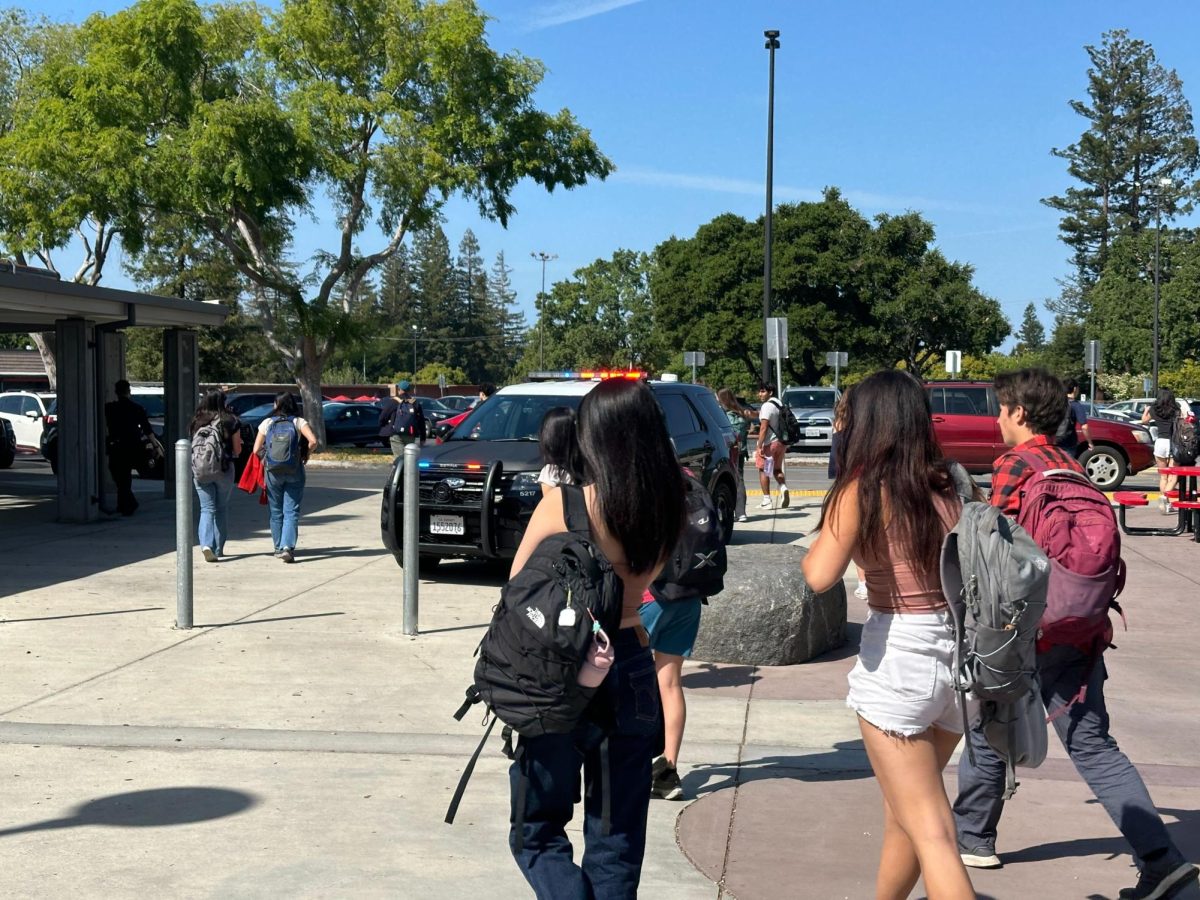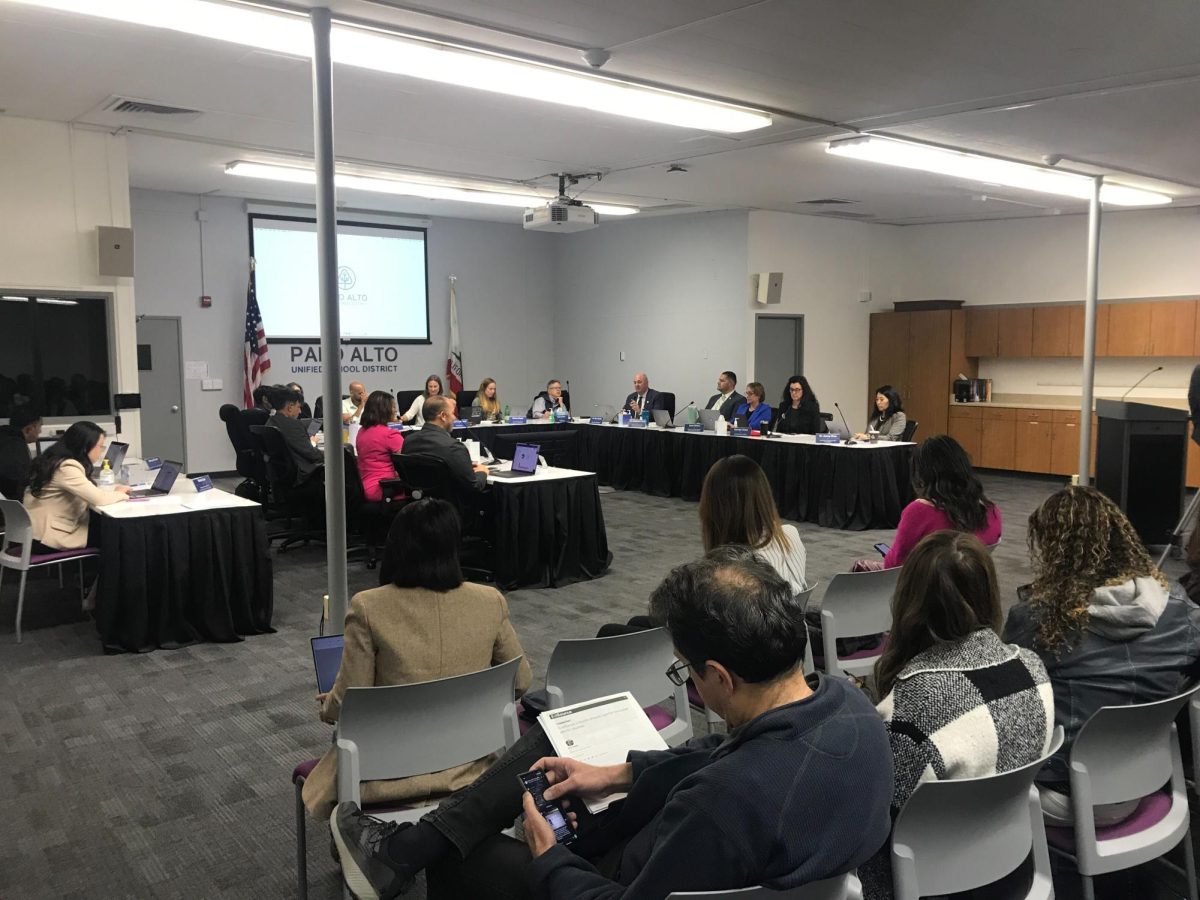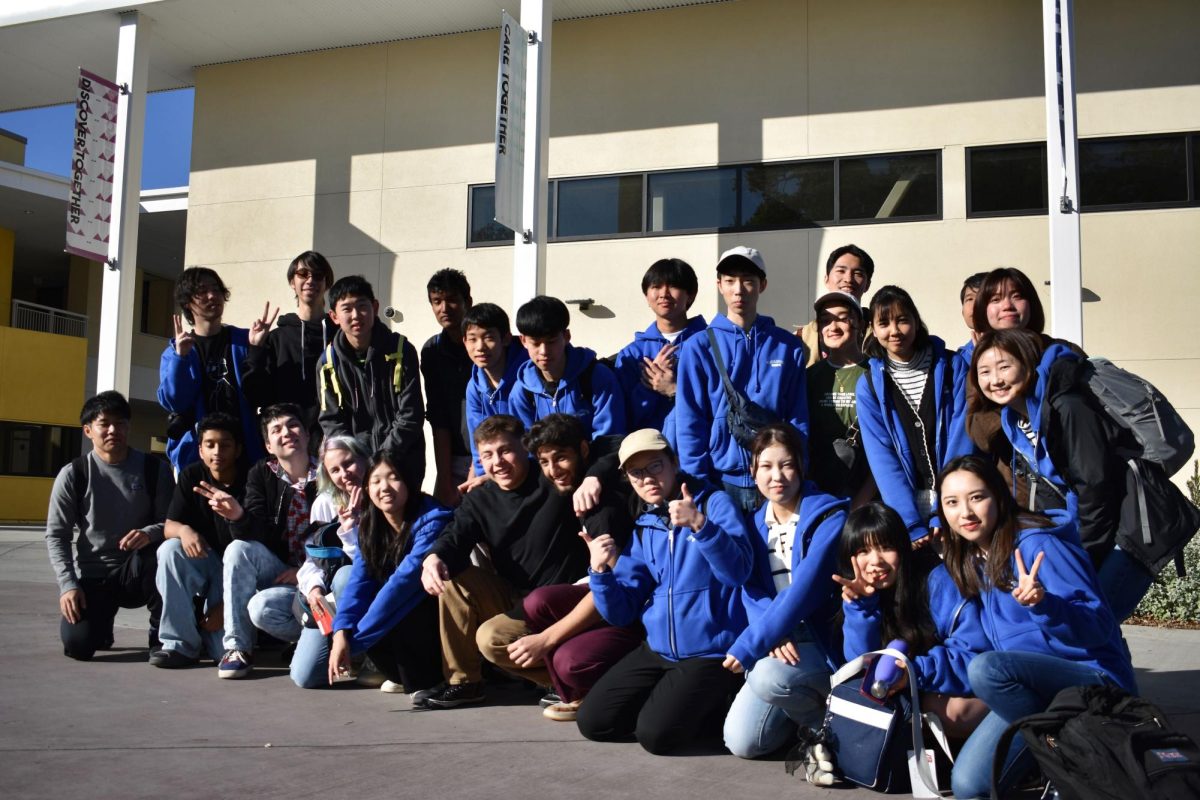By Samantha Donat:
“Everyone’s doing it.” Well, not everyone (although, according to The National Campaign to Prevent Teen and Unplanned Pregnancy, 46 percent of high school students are). But even if teens aren’t doing it, they’re at least thinking about it, obsessing over it or talking about it. If you haven’t already caught on, the topic on everyone’s minds is sex. Rumors about teens’ sex lives, or lack thereof, permeate the halls of virtually every high school. But where is one place that teens keep sex talk to themselves? The dinner table.
It may seem obvious that teens intentionally limit the discussion of their personal lives with their parents, especially when it comes to the topic of sex. But even students who have comfortable, open relationships with their parents opt not to disclose information about their sexual activity. Whether it’s because they think their parents would frown upon their actions or they are simply afraid of any potentially awkward conversations, lips are staying sealed when it comes to students’ sex lives, and it’s affecting their good judgment.
“My parents would probably judge me and be less trusting of me [if they knew I was sexually active],”
Mary Allan (name has been changed), an 18-year-old student, is one of those teens who limits communication with her parents when it comes to sex. Allan, who has been sexually active for six months, simply does not feel comfortable talking with her parents about sex. Similar to many other teens, she is concerned that her parents would think differently if they knew she was having sex. “My parents would probably judge me and be less trusting of me [if they knew I was sexually active],” Allan said. She assumes her parents would think she is too young to be engaging in such activities. It doesn’t help that Allan is the youngest of three siblings: “[My parents] definitely try to shelter me more,” she said.
Essentially, having safe sex is a burden for Allan. For many teens, such a burden can push a student in one of three directions: remain abstinent, find alternative ways to get protection or simply have unprotected sex. Fortunately, despite her obstacles, Allan is still adamant about having safe sex. “[Pregnancy] is probably the worst thing that could ever happen to me,” she said. Thus, Allan goes out of her way to anonymously visit Planned Parenthood every few months to get birth control.
Unfortunately, the burden created by flawed teen-parent communication about sex doesn’t always point teens in the right direction. Many teens are not as persistent as Allan and decide to continue sexual activity without protection. According to a survey conducted by The National Campaign in 2009, condoms are the most common form of contraception for high school students, yet only 61 percent of sexually active teens reported using one the last time they had sex. Alison Stewart, Research Assistant at The National Campaign, believes parents have a huge impact on teens’ contraception use. “It’s incredibly important for teens to talk with their parents about sex,” Stewart wrote in an email. If the conversation between teens and adults isn’t happening, parents can’t help teens make the right decisions.
Paulette Williams (name has been changed), 17, is another female student who feels restricted when it comes to communicating with her parents about her sex life. But compared to Allan, Williams suffers from a much restrictive relationship with her parents about sex. Although Williams has been sexually active for close to two years, she would never even imagine discussing such a topic with her parents. Even though she openly shares other aspects of her relationship with her parents, she is certain that they would severely frown upon any sort of sexual relations with her boyfriend. Williams, like other teens in her situation, cannot imagine her parents reacting in a positive or supportive way.
The fact that a teenage girl feels her own parents would think of her as a “slut” if they were to know she was sexually active illuminates how uncomfortable teenagers feel around their parents with this topic.
Williams believes that her parents would severely change their judgment of her if they were aware of her engagement in sexual activities. “They would probably see me very differently, and I know I would be ashamed that they knew,” she said. “I could easily imagine them seeing me as a slut.” The fact that a teenage girl feels her own parents would think of her as a “slut” if they were to know she was sexually active illuminates how uncomfortable teenagers feel around their parents with this topic. This assumption deters Williams from communicating with her parents whatsoever, making it more difficult for her to get protection. According to another survey from The National Campaign, 63 percent of teens say the primary reason they don’t use protection is because their parents will find out. For some time Williams would occasionally engage in unprotected sex despite the risks; although she and her partner try to use condoms as often as possible, Williams only feels comfortable going on birth control when she is in college away from what she sees as the watchful and judgmental eyes of her parents.
But Williams’ firm assumption that her parents would disapprove of her sexual activities might not be completely accurate. “Although not many parents approve of their teens having sex, parents are far more supportive of contraceptive use than many teens realize,” Stewart wrote. Another nationwide survey conducted by The National Campaign found that although parents are generally unhappy that their children are sexually active, they would be generally happy that their teens were using protection: 69 percent for daughters and 62 percent for sons. Teens fail to realize that parents would at least be happy that their son or daughter is using contraception.
However, for some parents, the uncomfortable feeling isn’t mutual. While parents don’t want to know every aspect of their teens’ sexual activity, they would like to be included in the conversation. “I don’t want to be in the dark,” Gloria Briarwood (name has been changed), parent of two teens, said. “I’d like to know what’s going on in their lives so I can relate to them and let them know we can answer any questions and help when needed.” Briarwood admits, however, that there are still boundaries that need to be respected between parents and teens. “A few talks during adolescence or at the onset of sexual activity is enough,” Briarwood said. “After that, it’s a private matter.”
Although many teens may still feel that their parents aren’t as approachable as Briarwood appears to be, it is a positive sign that there are still some adults out there who are starting to realize that teenage sex is going to happen whether they want it to or not, and that they may as well be a part of the conversation if this is indeed the case.
There are, in fact, some students whose parents are aware of their sexual activity—to a certain extent. Dylan Adler (name has been changed), an 18-year-old male who has been sexually active for close to three years now, has a more open relationship with his parents about his sex life. Both parents are aware of Adler’s sexual activity (they also are more well-versed in dealing with their son’s sex life as Adler has two older brothers who went through similar experiences). However, Adler still prefers to maintain a “don’t ask, don’t tell” policy with his parents, meaning that both parties are aware of what is going on, but Adler still prefers to go to either his friends or brothers for help when it comes to sex. Briarwood agrees that the conversation can get uncomfortable. “[Talking about sex] doesn’t make me uncomfortable because it’s just a part of parenting that we knew we’d get to,” Briarwood said. “But I bet the kids are at least nervous about it’s because its new to them. I don’t think its normal to talk with your parents about sex after a certain point—that’s what friends are for.”
In Adler’s case, one of the only reasons his parents are aware of his sexual activity is because they accidentally walked in on him having sex. As awkward as it may have been, at least the lines of communication are now open between Adler and his parents. Adler’s parents certainly know that their son is sexually active, but no questions surrounding the topic have been asked thus far. Adler thinks his parents simply know he is smart enough to make the right decisions in being safe, and thus few other questions need to be asked. In recent years, this parent-teen relationship is becoming increasingly more common.
To put things simply, parent-teen communication about sex, has been skewed for quite some time, and unfortunately will continue to be that way for a good while longer. But given the impact that such poor communication has on teens’ use of contraception, the barriers between parents and teens need to be broken down. Although parents may not approve, sex is indeed becoming a more integral part of teens’ lives with each year that passes, and it is an issue that can no longer be avoided. “Sex is one of the ‘facts of life’,” Brairwood said. “Learn about it, be smart and be safe.”











